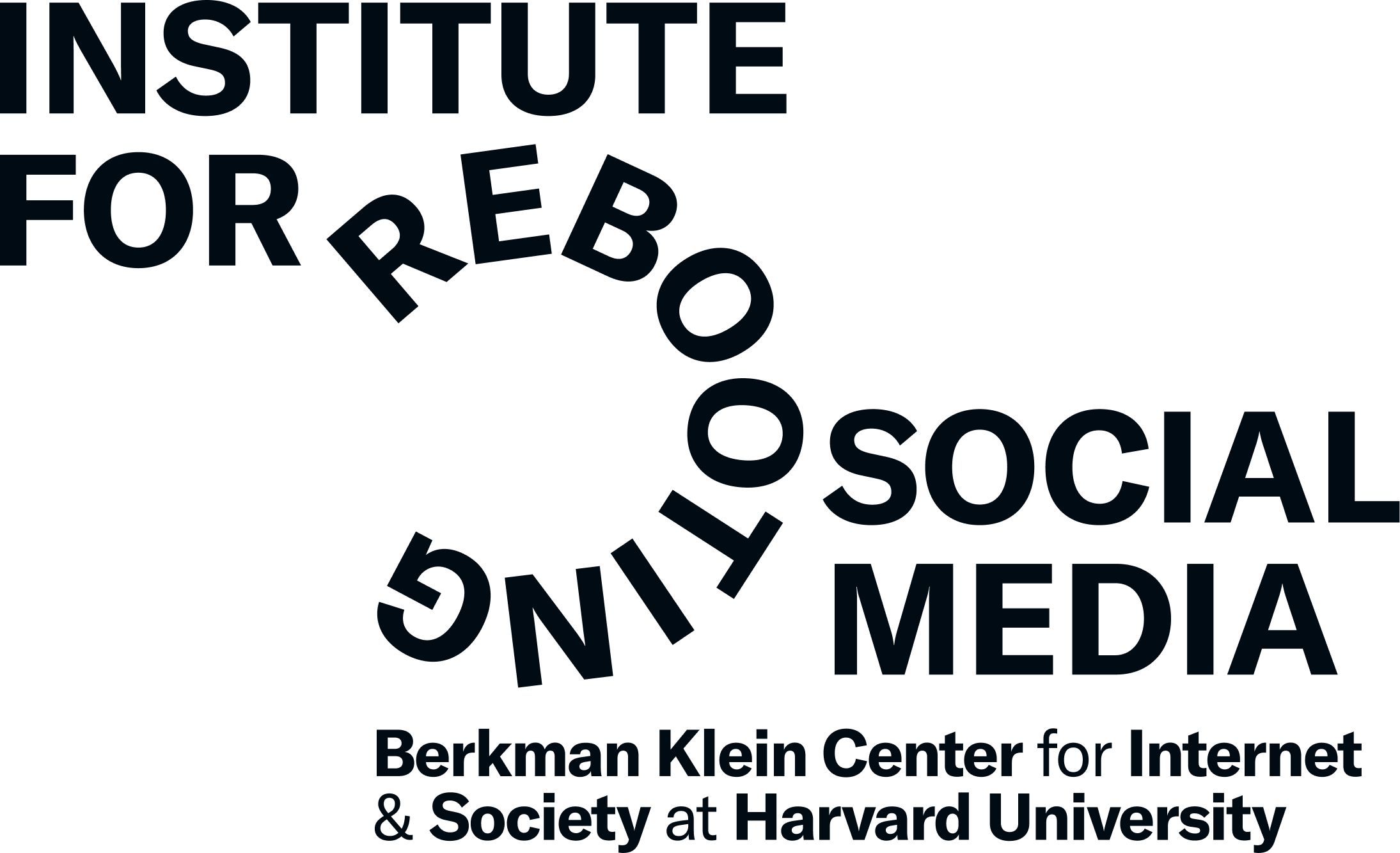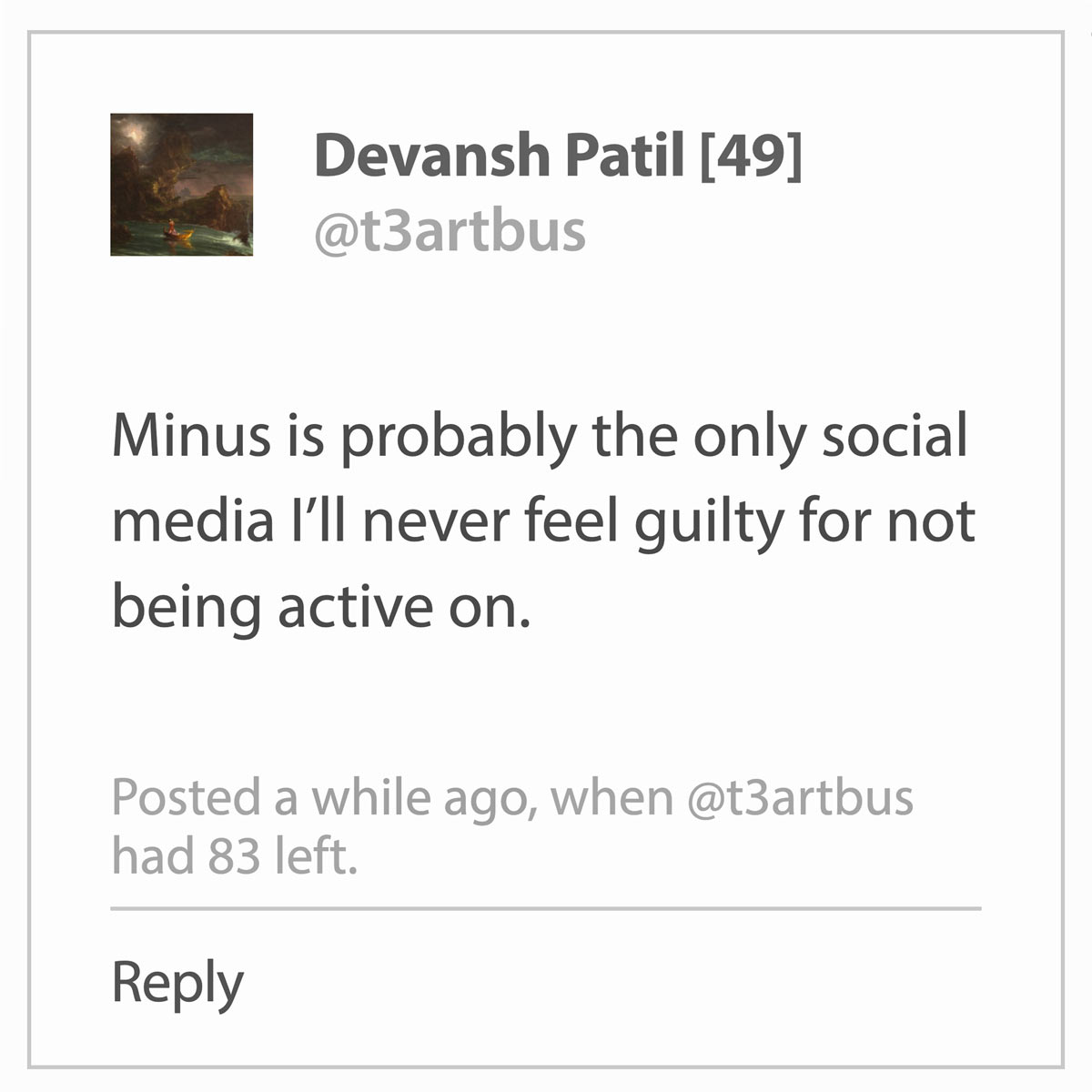Analysis and Theory
Toward Safer Intimate Futures: Recommendations for Tech Platforms to Reduce Image Based Sexual Abuse
September 21, 2023
’22-’23 Visiting Scholar Elissa Redmiles co-authors this report outlining how platforms can mitigate the risk of image-based sexual abuse when consenting adults share intimate images.




